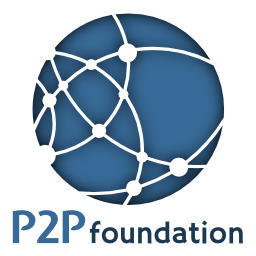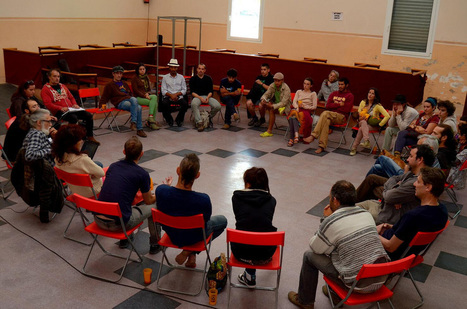The Backfeed Protocol provides a comprehensive social operating system for decentralized organisations and collaborations (DCs)
Research and publish the best content.
Get Started for FREE
Sign up with Facebook Sign up with X
I don't have a Facebook or a X account
Already have an account: Login
on peer-to-peer dynamics in politics, the economy and organizations
Curated by
jean lievens
 Your new post is loading... Your new post is loading...
|
|
















BLOCKCHAIN BUILDING THE OPEN SOURCE CIRCULAR ECONOMY COMMONS TRANSITION CULTURE & IDEAS ETHICAL ECONOMY OPEN COOPS & SUSTAINABLE LIVELIHOODS P2P COLLABORATION P2P LABOR PEER PROPERTYblo